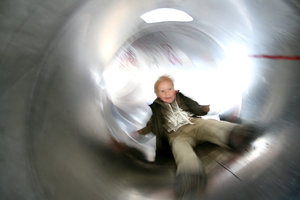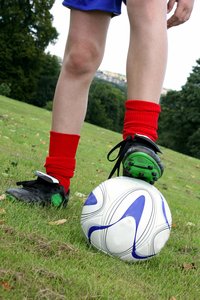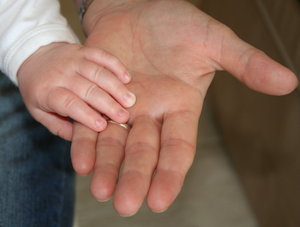You could call employees with the Massachusetts Bay Transportation Authority (MBTA) lifesavers. Well, maybe more like bunny savers.
According to CBS Boston, workers stepped in just in time to save a little girl’s best friend who had accidentally fallen onto the tracks. It all happened when Casey and Michelle Carey-Brown’s 3-year-old said that her little bunny friend was nervous about their family trip on the T. The family and their bunny friend were heading from Stony Brook to Green Street on the Orange Line when the accident happened. As they exited the train, their furry friend fell out of the little girl’s stroller and onto the tracks below. There it sat, in between the train and the loading platform, serving as a sitting duck for a potentially fatal bunny accident in Boston.

The little girl, without hesitation, screamed and reached out for her friend. Her parents scurried to find an MBTA employee for assistance in saving their furry family member. They located a T worker who was able to call ahead to the conductor of the train. The cars were stopped during the middle of rush hour so that the conductor could get out, grab the bunny and toss it back to the little girl, safe in her arms.
Our Boston personal injury lawyers understand that it can be difficult to travel with children. When riding the T, there are a lot of passengers to keep an eye on, fast-moving trains and dangerous tracks below. It’s important to travel with a plan and to keep safety as a number one priority, especially for your children. To help you to better travel with your young ones, we’re here to offer you some subway safety tips for children.
Subway Safety:
-Travel slowly. Most accidents in the subway result from slips, trips and falls on boarding docks and on stairs. Be sure that children never play on a boarding platform. It’s a lot easier than you think to fall from the platform and onto the tracks.
-This is not a time to live life on the edge. When waiting for the subway to arrive, make sure that you and your family are waiting behind the warning strips and away from the edge.
-Be careful with strollers. These items should never be used on the stairs. Make sure that you fold them up and carry infants before walking up or down stairs. When you have a stroller on the boarding platform keep the stroller away from the edge and keep your hand on the brake.
Parents are asked to keep an eye on their young travelers. You know how busy our subway systems can get. Keep an eye on your little ones and make sure to keep your family together and safe. Responsible traveling habits help prevent potentially fatal accidents.
Continue reading
 Boston Personal Injury Attorney Blog
Boston Personal Injury Attorney Blog








